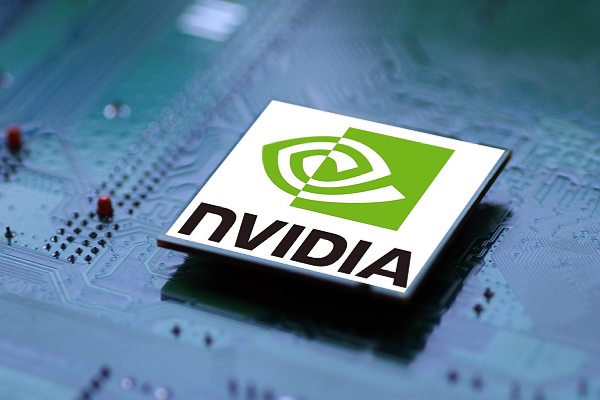Nvidia and Deutsche Telekom plan to invest €1 billion to build an AI data center in Germany

Nvidia (NVDA.O) and Deutsche Telekom recently jointly announced that they will jointly build a large-scale data center in Germany with a total investment of 1 billion euros (about 1.2 billion US dollars).
This cooperation is regarded as a key measure for both parties to deepen the layout of artificial intelligence infrastructure in Europe, aiming to provide strong AI computing power support for the European region and promote the development of local artificial intelligence technology and applications.
According to information disclosed by both parties, this data center project will be jointly funded and built by the two companies. It is worth noting that SAP, Europe's largest software company, has taken the lead in becoming the first customer of this data center, further highlighting the project's attractiveness and strategic value in the industry.
It is reported that the parties plan to jointly announce the details of the cooperation in Berlin next month.
In terms of hardware configuration, the data center is expected to deploy approximately 10,000 advanced graphics processing units (GPUs) to support the training and inference needs of large-scale AI models.
However, if compared with the perspective of global AI infrastructure construction, this scale is still conservative.
For example, the data center project jointly developed by SoftBank Group, OpenAI, and Oracle in Texas is expected to be equipped with up to 500,000 GPUs, demonstrating that Europe still faces pressure to catch up in the AI computing power arms race.
Nevertheless, the collaboration between Nvidia and Deutsche Telekom undoubtedly marks a substantial step forward in Europe's development of independent and controllable AI infrastructure. In the future, this data center is expected to become a key node in Europe's AI ecosystem, providing high-performance computing resources to regional businesses, research institutions, and innovative companies, thereby playing a key role in Europe's digital and intelligent transformation.









